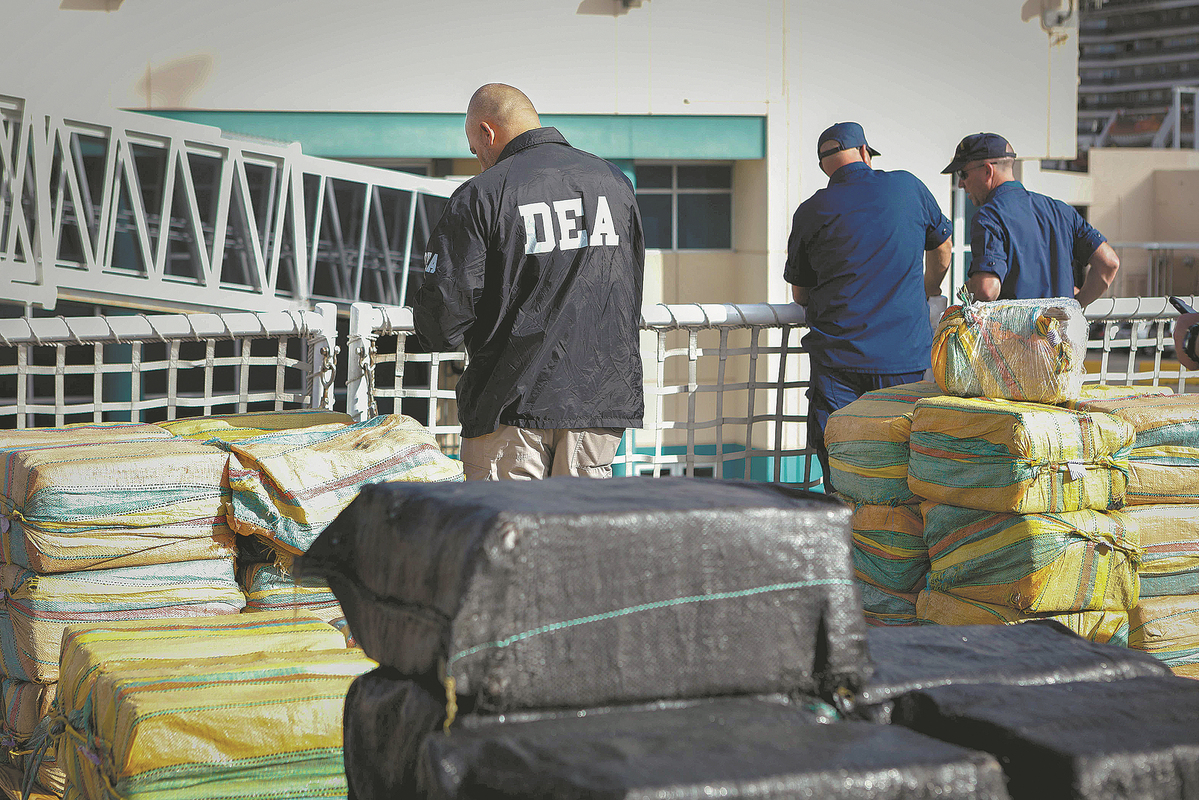Fentanyl crisis casts long shadow over the US


Uncertain impact
In May, the Biden administration publicly backed legislation to expand the criminalization of substance use by introducing new mandatory minimum sentences associated with fentanyl.
The New York Times quoted the National Conference on State Legislatures as saying that in the 2023 legislative session alone, hundreds of fentanyl crime bills were introduced in at least 46 states.
Lawmakers in Virginia have classified fentanyl as "a weapon of terrorism" — a move to increase prison sentences for drug dealers. A law in Iowa introduced sentences of up to 50 years for selling fentanyl.
Arkansas and Texas have joined some 30 states, including Pennsylvania, Colorado and Wyoming, in implementing homicide statutes related to drugs. The laws allow for murder charges, even for those who share drugs socially if they contain deadly fentanyl doses.
But critics said the drug policy should prioritize preventing fatal overdoses, rather than criminalizing and punishing people who are struggling.
Tierney said: "The focus of drug policy right now should be on preventing as many fatal overdoses as possible. But instead, the US is once again trapped in a disastrous drug war that focuses on punishment over the goal of saving lives.
"Members of Congress and dozens of states, including New Jersey, are moving toward enacting harsher drug penalties despite decades of evidence that severe punishments do little to deter drug use or drug dealing."
In New Jersey, lawmakers are decreasing the fentanyl threshold for second-degree crime, pushing forward a bill that would increase fines and prison time for people caught with the drug.
Tierney said going to prison for fentanyl possession and intent to distribute it ruins the lives of people who want to recover. "And when people leave jail, their criminal records follow them throughout their lives, making it much more difficult to find stable housing and work," she added.
"Punishing people for having substance use disorder, rather than focusing on real solutions, just keeps us in a cycle of pain and isolation. We're not treating this as a public health crisis right now."
Xinhua contributed to this story.


















